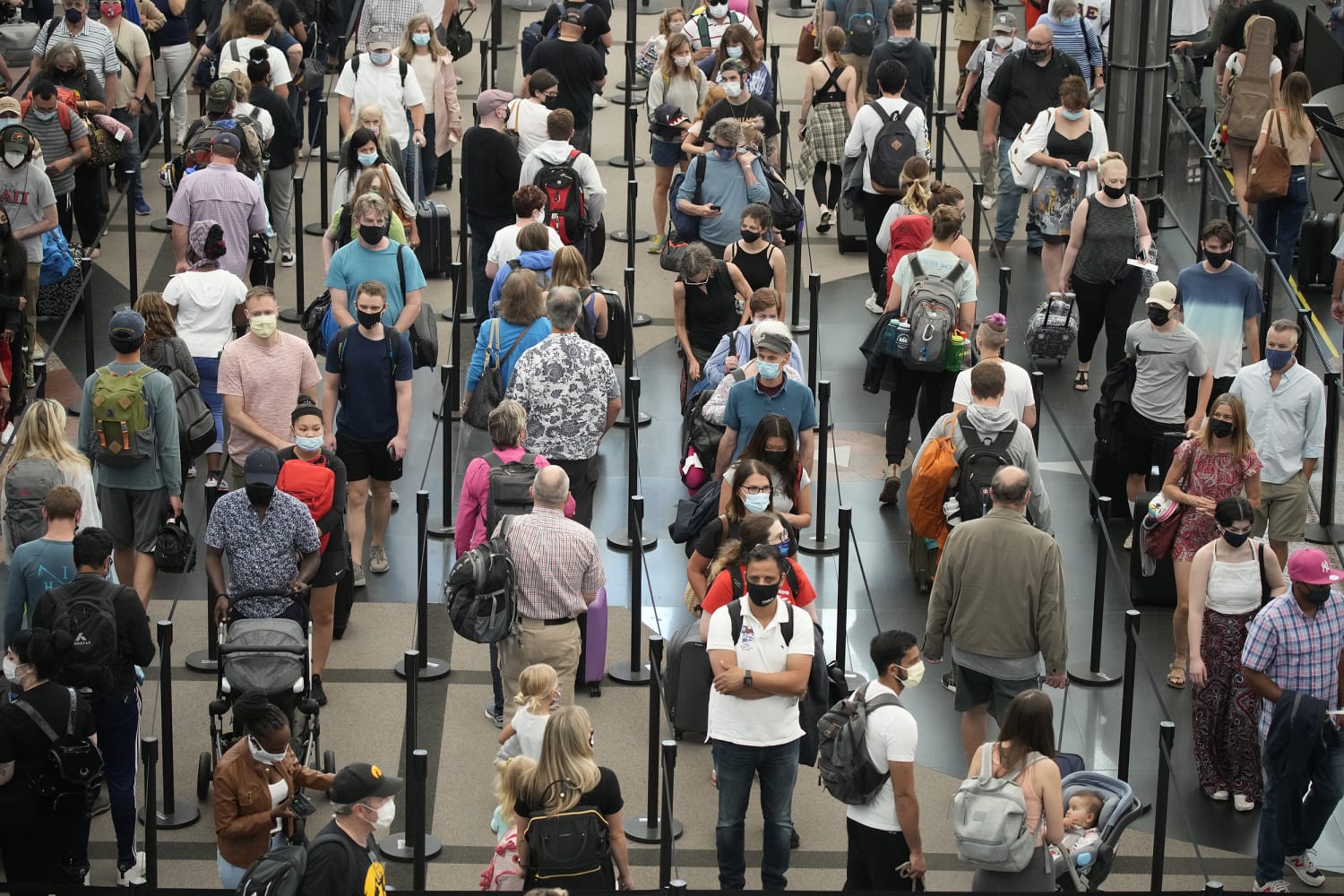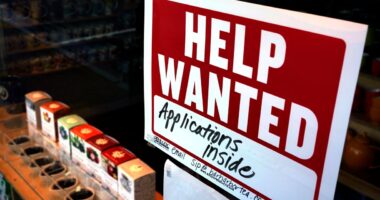If you’re planning to fly this summer, get ready to pay up.
The average price of a domestic airfare now stands at $330 per round trip, according to the flight booking site Hopper. That’s a 7 percent increase over the same period in 2019 and the highest average price since it started collecting data. International airfare matches 2019 prices at $810 per round trip.
In large part, pent-up travel demand, higher fuel prices and staff shortages at major airlines are contributing to the increases. That’s exacerbating the perennial ebbs and flows that normally contribute to higher prices.
“We anticipate other factors such as regular seasonal changes in demand, jet fuel prices, capacity, and carrier competition to be the primary drivers of price action in the U.S. market,” Hopper economist Hayley Berg wrote earlier this month.
Transportation Security Administration screenings have returned to about 90 percent of the capacity seen in 2019, and up 7 percent from a year ago. Meanwhile, jet fuel prices are up 158 percent from 2021 levels, and up 30 percent from just one month ago, to about $153 a barrel, according to the International Air Transport Association.
But with increased demand comes greater potential for scheduling headaches as travelers crowd into airports. American Airlines CEO Robert Isom recently told the staff the carrier must do everything it can to maintain service reliability.
“People really need to feel like they have control of their itineraries and we give them control by making sure they get to where they want to go on time. I just can’t be any more blunt about it than that,” he told pilots during a company town hall last week in comments reviewed by CNBC. “Other airlines are really struggling.”
Meanwhile, data from the airline tracking website FlightAware.com show about one quarter of U.S. flights are experiencing delays — while overall flight capacity is within 16 percent of prepandemic levels. Staff shortages are still hurting some airlines, forcing the carriers to trim their flight schedules. Among the airlines doing that is JetBlue, which saw more canceled flights between April 8 and April 17 than any other airline.
Another factor driving prices higher is surging inflation. In a separate report, the authors of the Adobe Digital Price Index found that while domestic prices were up 20 percent this March compared with March 2019, actual bookings in March were up just 12 percent compared with March 2019. On a month-over-month basis, March spending was up 32 percent — but total bookings were up just 15 percent.
“Consumers have seen online prices for physical goods rise now for 22 consecutive months, per the Adobe Digital Price Index, and inflation is becoming more prominent for services as well,” Vivek Pandya, lead analyst for Adobe Digital Insights, said in a release. “The unleash of pent-up demand has been a major driving factor, as the desire for air travel is coming back more aggressively than anticipated.”
In an interview, he said consumers should be aware that pandemic-era flight discounts are essentially over, and to book as early as possible.
“A double digit increase, 15-20 percent, in pricing is a very sudden lift,” he said. “So that price increase is quite striking — and it’s not something we’ve been used to seeing recently.”
Hopper’s Berg forecasts prices will top out at $330 per round trip through the end of April — then rise to as much as $360 through May to $360. Airfare should seasonally decline into the fall season, she said.
Source: | This article originally belongs to Nbcnews.com








